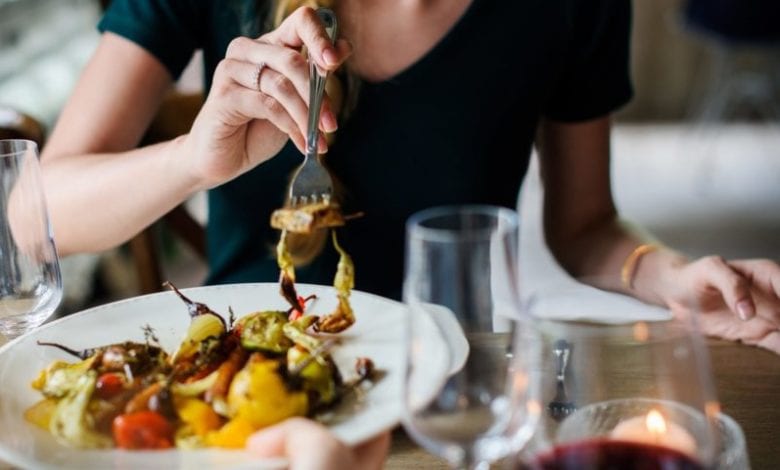Losses at UK’s top 100 restaurant groups jump 94% to £151m

Losses at the UK’ Top 100 restaurant groups increased 94% to £151m last year, growing from a loss of £78m the year before, according to new research from UHY Hacker Young.

Join 14,000 hospitality professionals with a membership
Get unlimited access and stay in the know. First-year special offer pricing. Cancel any time.
You have read 2/2 free articles this month.

How many members should have access to the subscription?
Monthly
Yearly
Save £9.89
No, thanks
I already have an account

Losses at the UK’ Top 100 restaurant groups increased 94% to £151m last year, growing from a loss of £78m the year before, according to new research from UHY Hacker Young.